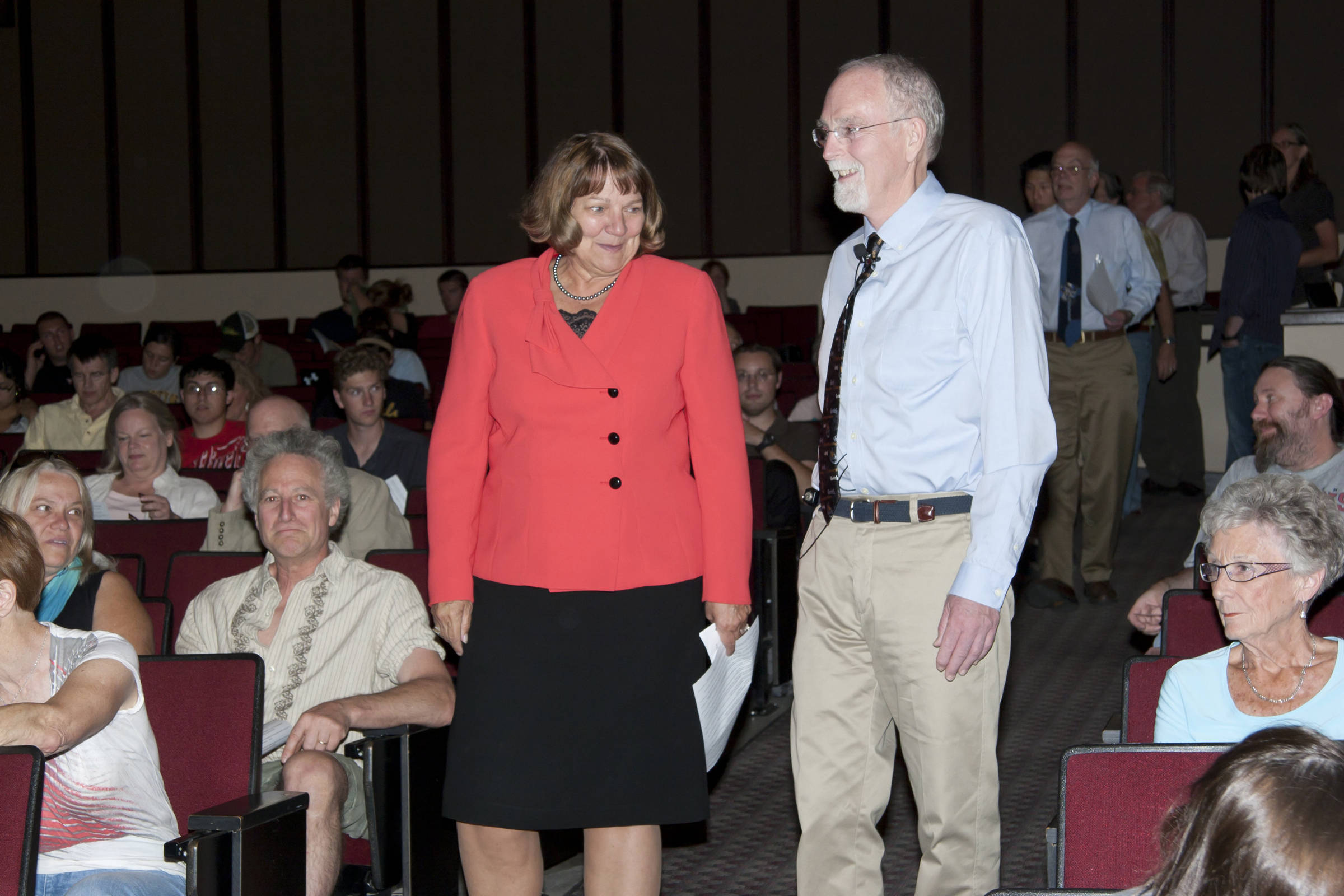ABSTRACT
Relying on the Apsáalooke (Crow Indian) approach known as baaéechichiwaau, "re-telling one's own," involving a blend of story and imagery, this re-telling (this keynote address) will explore the applications and implications of Tom Yellowtail's metaphor of the "wagon wheel" - the "turning wheel." Tom was an elder and Sundance Chief of the Apsáalooke. The "turning wheel" has its origin in the ancient rock medicine wheel of the Big Horn Mountains in Wyoming, and in the structure of the Apsáalooke Sundance Lodge and behavior of its dancers. The dynamic interplay of the varied spokes and anchoring hub, of the diverse and universal, of the particular and ubiquitous, has oriented and is vividly reflected in the lives of Tom and Susie Yellowtail, among so many others.
This dynamic interplay has also oriented how I have gone about conducting my own research and teaching. It has informed my approach to understanding the character and dynamics of other cultures and religions. And more immediately, it has guided me through the challenging territory of critical healing journeys.
Framed as a question addressed to the members of the audience, we will explore the "turning wheel's" implications on our capacities for affecting communication and collaboration, and for garnering respect and empathy for the distant strangers amongst us. The "turning wheel" offers implications for how we can overcome what so often divides and separates us from each other, the "mutually exclusive." It offers implications for how we can better go about creating in the arts and discovering in the sciences. The interplay of the unique and universal offers implications for how we can effectively build and sustain local and global communities.
In an era of entrenched, seemingly mutually-exclusive, partisan politics, respecting our differences and finding "common ground" is all the more critical.
The interplay of the unique and universal offers implications for how we can effectively build and sustain local and global communities.
Framed as a question now addressed to the other members of our Vandal community, we await their responses over the next weeks and months in their lectures, exhibits, and performances. See schedule for these response events. Please join us in this Humanities Exploration.
BIOGRAPHY
Rodney Frey is a Professor of Ethnography. Over the last 38 years he has been associated with and conducting various applied, collaborative projects with the Apsáalooke (Crow) of Montana, the Schitsu'umsh (Coeur d'Alene) and Nimíipuu (Nez Perce) of Idaho, and the Confederated Warm Springs Tribes of Oregon. Among his primary teachers, and to whom he acknowledges his indebtedness to, are Tom and Susie Yellowtail, Lawrence Aripa, Josiah and D'Lisa Pinkham, Cliff and Lori SiJohn, Alvin Howe, and Rob and Rose Moran.
For more information: Rodney Frey



